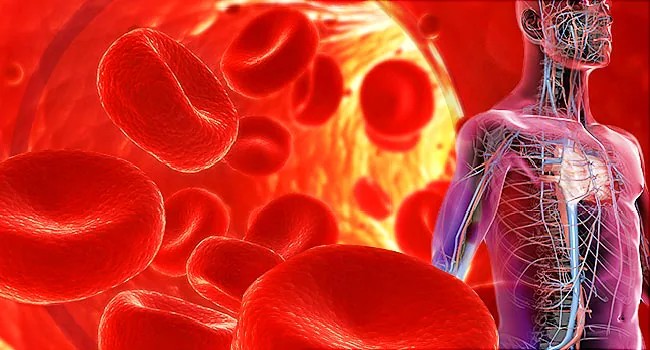
The short answer is Yes. Hypertension and hypotension are different in some many ways from the definition, causes, symptoms and treatment.
Definition
1) Hypertension: (Blood pressure reading of 130/80 or higher)
Also known as high blood pressure. It occurs when too much blood is being pumped into your arteries which can cause conditions like heart disease and stroke. However, many people often don’t realize they have hypertension because it rarely shows symptoms. High blood pressure is common in individuals who are older than 55, overweight, inactive, alcoholic and smokers.
2) Hypotension: (Blood pressure reading of 90/60 or lower)
Hypotension means blood is not fully flowing to the brain, arteries, and organs. Chronic low blood pressure without symptoms may not cause concern, unless blood pressure drops suddenly and the brain is deprived of adequate blood supply. This can lead to dizziness or lightheadedness. Meet your doctor immediately in such cases.
Causes
1) Hypertension:
While the exact causes are still unknown, there are many factor that contribute to this condition such as:
- Obesity
- Excessive alcohol consumption
- Increases salt intake
- Smoking
- Diabetes
- Genetics
- Stress
- Ageing
2) Hypotension:
The decrease of blood pressure is a normal scenario. However, below are some causes of low blood pressure which are not normal:
- Infections in the bloodstreams
- Diabetes
- Thyroid
- Blood loss due to injury
- Weakness due to dehydration
- Pregnancy
Symptoms
1) Hypertension:
While high blood pressure doesn’t show any severe symptom (which is why it is also called a ‘silent killer’), it is sometimes observed that some people suffering from high blood pressure do show signs of:
- Sweating,
- Sleeping problems
- Anxiety
- Nose bleeding
- Severe headaches
- Fatigue or confusion
- Vision problems
- Chest pain
- Difficulty breathing
- Irregular heartbeat
- Blood in the urine
- Pounding in your chest, neck, or ears
2) Hypotension:
These are some symptoms that should raise alarm bells include:
- Unsteadiness
- Blurry vision
- Lack of concentration
- Fatigue
- Depression
- Nausea
- Pale skin
- Rapid and low breathing
Treatment
1) Hypertension:
There are many medications to deal with high blood pressure, but it is best treated by bringing a change in lifestyle and improving dietary choices:
- Do 30 minutes of moderate-intensity exercises such as walking, swimming, cycling or jogging
- Giving up smoking
- Reduce salt intake
- Cutting down on alcohol consumption
- Increase the intake of fresh fruits and veggies, high-fibre and whole-grain foods, low-fat dairy products
- Keeping a check on body weight
2) Hypotension:
Here are some practices that can prevent low blood pressure which includes:
- Limit the intake of alcoholic beverages.
- Drink a plenty of water
- Adhere to a high-salt intake diet.
- Get involved in regular physical activities to increase blood flow.
- Avoid sitting or standing in one position for a long duration.
- Be cautious while arising from lying down and sitting.
- To avoid periods of dizziness, try eating frequently but in small portion
- Cut down carbohydrate intake.
- Use elastic stockings that cover your calf and thigh area as this may help in restricting the blood flow to the lower part of the body thereby keeping more blood in the upper part.
Conclusion
What can be concluded is hypertension and hypotension, both can be very dangerous as they present with little to no discernible symptoms. It is very important to monitor blood pressure regularly. The best way to ensure great health is to have a healthy diet, exercise regularly, and drink plenty of water to make sure the body gets all the nutrition it needs to function well.







